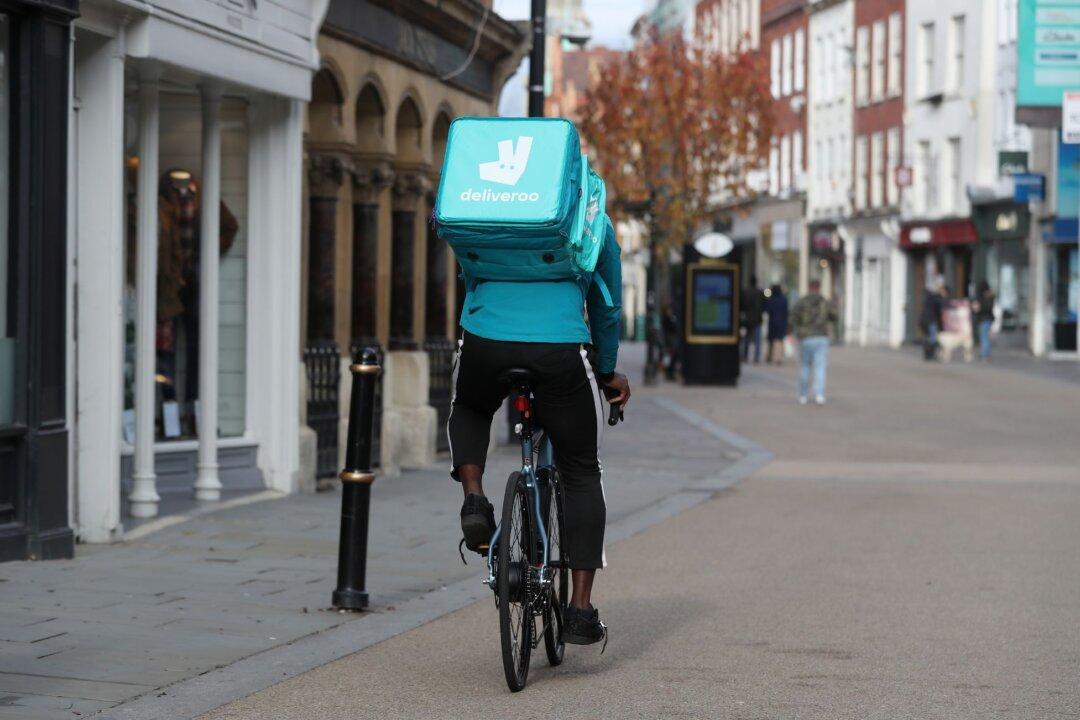The UK Supreme Court has ruled in favour of Deliveroo and said their riders are not entitled to trade union rights such as collective bargaining.
The Independent Workers Union of Great Britain (IWGB) lost a bid for union recognition at a specialist tribunal in 2017 but challenged it without success at the High Court and the Court of Appeal.





